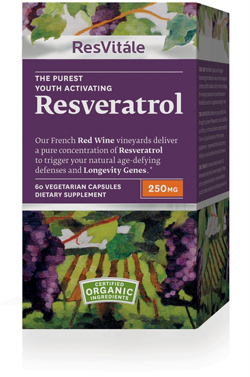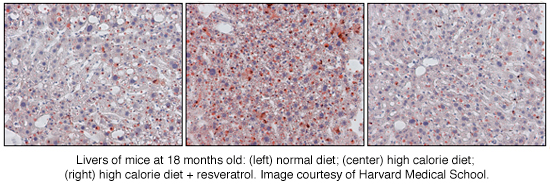{Health} The REAL Reason French Women Don’t Get Fat?
Read about this French “secret,” and then comment below to enter to win it! 6 FOFs will win.
Americans are obsessed with the way French women eat. They appear to subsist on butter, cheese, pastries, red meat–not to mention cigarettes and red wine–yet they manage to stay trim and youthful from their berets to their Louboutins. Plus, they have a lower incidence of heart disease and diabetes than American women.
Books such as French Women Don’t Get Fat credit France’s smaller portions, active lifestyle and emphasis on fresh, organic food. These certainly play a role. But a recent study at Harvard suggests that one finicky little chemical compound–resveratrol–may also deserve credit.
 “Resveratrol is found on the skin and vines of red-wine grapes,” says Dr. Heather Hausenblas, PhD., an exercise and diet expert at the University of Florida, and the science advisor to ResVitale, a company that makes resveratrol supplements. “It’s a potent antioxidant that protects the plants against extreme weather, bugs and other environmental stresses.”
“Resveratrol is found on the skin and vines of red-wine grapes,” says Dr. Heather Hausenblas, PhD., an exercise and diet expert at the University of Florida, and the science advisor to ResVitale, a company that makes resveratrol supplements. “It’s a potent antioxidant that protects the plants against extreme weather, bugs and other environmental stresses.”
In 2006, investigators at Harvard Medical School and the National Institute of Aging found that mice treated with resveratrol lived longer, more active, healthier lives–despite being fed a high-fat, high-calorie diet. They tested three groups of mice: One was fed a standard diet (SD), one was fed a high-calorie, high-fat diet (HC) and one was fed a high-calorie, high-fat diet with resveratrol (HCR). “After six months, resveratrol essentially prevented most of the negative side effects of the high calorie diet in mice,” said Rafael de Cabo, Ph.D., the study’s co-senior investigator. It protected the mice against heart disease, diabetes and other illnesses typically associated with a diet high in red meat, cheese and pastries.
But, don’t run for that bottle of merlot just yet. According to Dr. Hausenblas, the average bottle of red wine has 2-4 milligrams of resveratrol–but studies typically use doses of 250-1000mg. Also, not all wine is equally potent. “We source our resveratrol from organic grapes grown by traditional French methods,” Hausenblas explains. “If the grapes are chemically treated with pesticides and herbicides–as they are in most vineyards–they don’t produce as much resveratrol, because they don’t need to protect themselves.” Hausenblas recommends taking a supplement with 250-500mg of organic resveratrol a day, although studies have shown is that up to 1000 mg a day is “well tolerated in humans.”
In December, we sent a resveratrol supplement to a group of FOF beauty testers to try out for one month. See their results for yourself, here.
Then, comment below to be one of 6 FOF women who will receive a month’s supply of ResVitale’s Resveratrol 250mg supplements to try for yourself.
(See all our past winners, here.) (See official rules, here.) Contest closes February 29, 2012 at midnight E.S.T.



